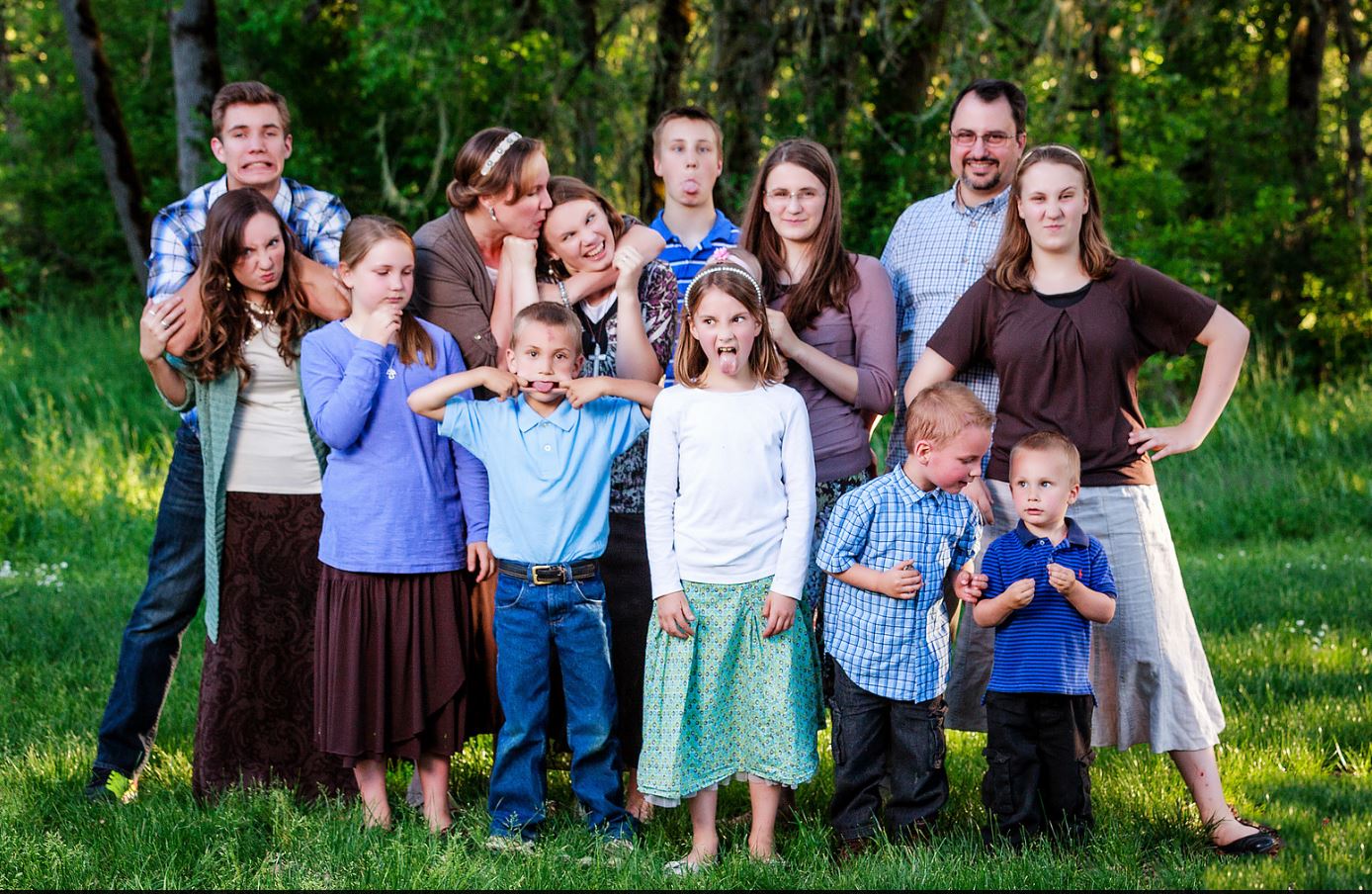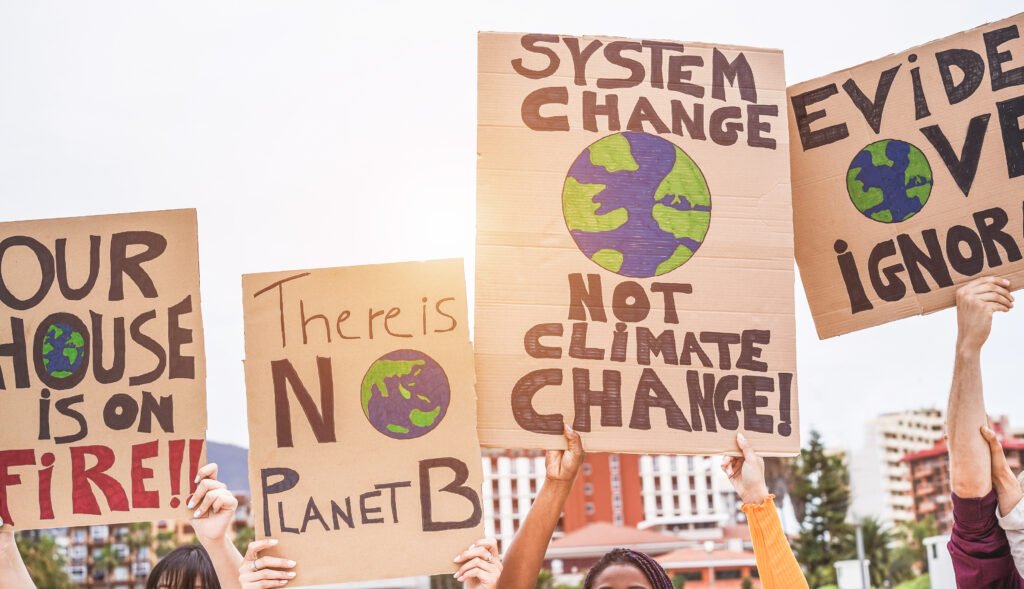When we think of climate change, we often think of natural disasters. The effects of global warming are evident in melting ice caps and the raging fires that can be set off by powerful storms. Recent research has shown that climate change is also affecting families.
Many people have made the difficult decision not to have children due to the imminent threat of a global climate crisis. Earlier this month, researchers in the UK conducted a survey on climate anxiety. It’s the largest survey of its kind, and the data collected is grim.
The survey collected 10,000 responses from young people in Australia, Brazil, Finland, France, India, Nigeria, the Philippines, Portugal, the UK, and the U.S.
Nearly six in ten people aged 16 to 25 said they were extremely worried about climate change. The government did not protect them, the environment, or future generations, according to the respondents.
Three-quarters of the responses agreed with the statement, “The future is frightening.” Around the same amount of people felt they would have fewer opportunities than their parents.
A majority felt betrayed by the government, older generations, and other government officials. Although this climate-specific survey was the largest, there are others similar.

For example, this study in Climatic Change surveyed 600 people aged 27 to 45. Four hundred respondents shared their future visions. A staggering 92.3% of those responses were negative. 5.6% of responses were negative or mixed. Only.6% were positive. People are prepared for the worst. Younger people are starting to reconsider having a family.
The same Climatic Change study found that 96% of respondents were “ extremely concerned about the wellbeing of their children in a climate-changed world.”
A 31-year-old woman responded to the survey, saying, “Climate change is the sole factor for me in deciding not to have biological children. I don’t want to birth children into a dying world [though] I dearly want to be a mother.”
A 27-year-old woman said, “I feel like I can’t in good conscience bring a child into this world and force them to try and survive what may be apocalyptic conditions.”
Their fears are not unfounded, either. Around 6% reported regretting having children. “I am terrified that they will be facing the end of the world due to climate change,” One mother of 40 years said that she regretted having children.
The study’s lead researcher said, “It was often heartbreaking to pore through the responses. The fears about the lives of existing or potential children were really deep and emotional. A lot of people really poured their hearts out.”
For some, the decision not to have a child is a silent one. For others, they’re stating their intentions loud and clear in the hopes that the government will take notice. In 2019, UK activist Blythe Pepino set up BirthStrike. BirthStrike was a voluntary group for men and women who decided not to have children due to climate change.

The Guardian reported that Pepino hoped to “Channel the grief she feels about her decision into something more active.” Many BirthStrikers were also involved with the Extinction Rebellion, a similar climate activism group.
The BirthStrike movement “disbanded” in 2020. In a letter uploaded to its Facebook page, the founders started the group had been falsely associated with “overpopulation” rhetoric.
“It has become clear that this [rhetoric] is fed by, and will feed into, division and eco-fascism,” Pepino wrote. Instead, the movement has rebranded to a support group, “Grieving Parenthood in the Climate Crisis: Channeling Loss into Climate Justice.”
The new movement supports parents facing climate-related decisions. However, studies in the past have shown that the original sentiment still lives on.
Luisa Neubauer, a German woman fighting the same battle, is also involved. “I meet a lot of young girls who ask whether it’s still okay to have children,” she told The Guardian. “It’s a simple question, yet it tells so much about the climate reality we are living in.”
“We turned our individual anxiety into collective action,” Neubauer continues. “Now, we are fighting everywhere. We are on the streets, at the courts, in and outside institutions. Yet, governments are still failing us.”
She says the best response to the University of Bath study would be for “governments to start acting like they promised they would.”
It’s important to note that there are many reasons why younger generations are deciding to wait to have kids. One reason is government inaction on climate change. But there are other reasons.
A lack of family support is one reason. The average mother will pay more than $4,500 for her labor and delivery alone in the US. And that’s with insurance. Many new mothers aren’t insured.
The U.S. also ranks last in government-mandated paid leave for new parents. Only 19% of U.S. employees have access to paid leave. Only 82% are eligible for unpaid leave. When paired with the threat of climate change, it’s not surprising that so many people opt out of having kids.
Recent abortion bans have thrown gasoline on an already raging fire. Texas’s new law bans abortions after six weeks. This is before many people would know they’re pregnant.
On top of that, the state government is incentivizing civilians to sue abortion providers with $10,000 bounties. The new law could lead to lawsuits against anyone who aids in abortion.
The Supreme Court has refused to intervene in this push against Roe v. Wade via a shadow docket. The Court’s ruling threatens a person’s right to choose whether or not to have a baby.
This right to choose is even more important in light of climate change. A UNICEF study found that children will bear the brunt of the climate crisis in the coming years. Our situation is becoming direr. If one is willing to look closely, there are still some silver linings.
Coping With Climate Change
The UN Development Programme conducted a massive survey of 1.2 million people across 50 countries. The UNDP collected these data from October to December 2020. All countries, high, middle, or low income, participated in the study.
It was found that there may not be a wide generation gap in climate change awareness. 69% of the respondents between 14 and 18 agreed that climate change was a serious problem. 58% of people aged 60 or older agreed.
Additionally, respondents were more inclined to approve of climate action that is specific to their countries. For example, countries with high rates of forest destruction favored tree conservation. Renewable energy was also supported by fossil fuel-reliant countries.
So, people want change. We might be able to put ourselves on a better track if we have a younger generation with more passion and knowledge.
You are not the only one who is struggling. Climate Change Resources, Waterspirit, and other sites offer support and guidance. A village is necessary to raise a child. And it’ll take a village to keep this world worth raising a child in, too.


